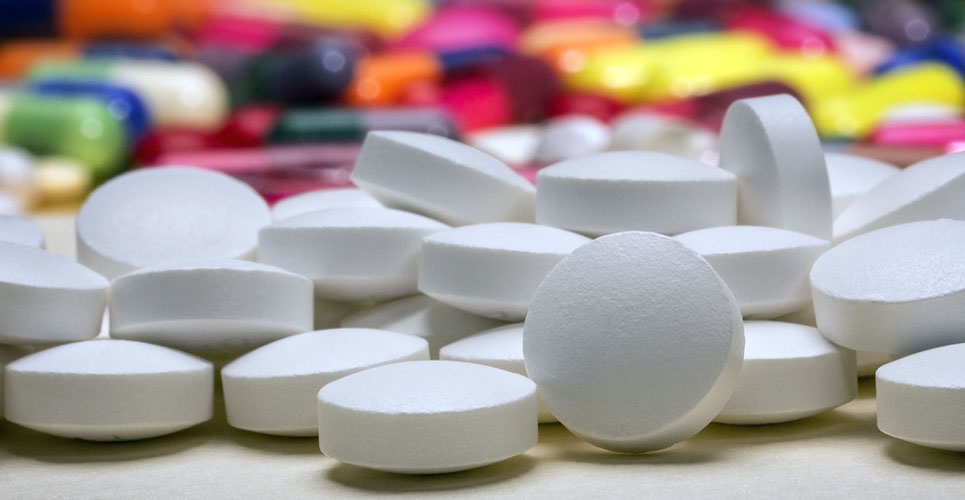teaser
The specially targeted EU programme MEDI-FAKE sets out to promote interception of illegal pills by Customs officers
Brian Edwards
CBE
Emeritus Professor of Healthcare Development University of Sheffield UK
Former President HOPE (European Hospital and Healthcare
Federation) Brussels, Belgium
The news that 34 million illegal pills were intercepted by Customs officers in the EU in a two-month period will have come as a shock to many pharmacists and patients.[1] It was the outcome of a specially targeted programme across all Member States to stop illegal drugs entering the European Community. Amongst the products that were intercepted were antibiotics, anticancer, antimalarial and anticholesterol medicines as well as painkillers and Viagra. The action was labelled MEDI-FAKE and was underpinned by an initiative called the Community Risk Management system, which enables real-time exchange of information that can reinforce effective controls at EU frontiers.
The clinical consequences of this flood of illegal medications are almost unthinkable, particularly when you realise that that this was just a two-month action. There must be many millions of illegal drugs in the supply chain by now. Many of them may have deeply penetrated the internet market.
The biggest seizure was at Brussels Airport, where 2.2 million counterfeit medicine tablets were seized, of which 1.6m were painkillers and 600,000 antimalarial pills. Almost 40% of fake medicines seized in the EU in 2007 originated in Switzerland, although it is not clear whether that is where they were actually manufactured.[2]
Only 4% of the seizures appear to have been manufactured in China. There seems little doubt that this is now a worldwide problem, with the World Health Organization valuing the illegal trade at $75 billion annually. In Nigeria it has been estimated that over three-quarters of the drugs distributed in the major chemists in Lagos were counterfeit. The Nigerian Customs are trying to break the illegal supply chain and recently seized a container containing counterfeit versions of co-trimoxazole, metformin, augmentin and ampicillin.
The pharmaceutical industry is worried, as are patients. The drug companies are trying desperately to quality assure their products throughout the supply chain. Potential solutions do appear to be available. European pharmaceutical manufacturers are of the view that a ban on repackaging coupled with a system of pack-level coding could almost eliminate counterfeits in the European supply chain.
Under current EU rules, medicines can be repackaged or relabelled after they have been manufactured, and tablets can be removed from their blisters. This happens because companies can source tablets from low-cost countries and import them into countries that command higher prices. This often undercuts the product in the destination country, saving money for the local health system and allowing the importer to make a profit. Parallel distributors who repackage argue that when repackaging is done by them it carries little risk as they are regulated as manufacturers and take their quality obligations very seriously indeed. Repackaging is not in their view an entry point for counterfeit medicines in the EU. They also point out that repackaging often happens in hospitals and
pharmacies. They would, I think, argue that any ban should be on repackaging by nonlicensed businesses.
It’s a murky area that is demanding action before patients begin to lose faith in the medicines supplied to them by pharmacists. MEDI-FAKE was a useful piece of action, but it does not strike at the root of the problem. The whole industry, including the parallel importers, needs to work harder with regulators and parliamentarians at finding solutions.
References
1. Press Release IP/08/1980. Brussels 16/12/2008.
2. Nick Taylor. in-pharmatechnologist.com 20/5/2008.

